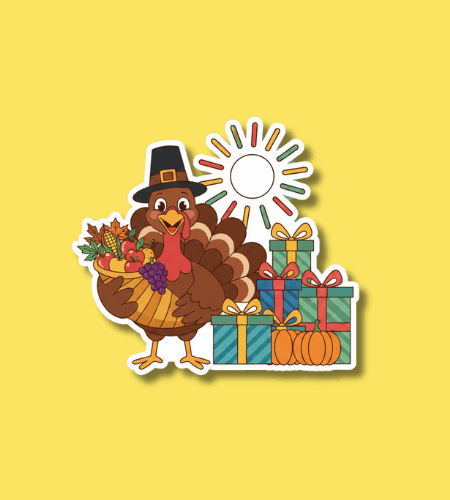The You’re Welcomegiving Day, observed on the day after the U.S. Thanksgiving holiday, was founded in 1977 and encourages a simple but meaningful practice: when someone thanks you, take the moment to respond with a genuine “You’re welcome.”
Table of Contents
History of You’re Welcomegiving Day
This observance was created by Richard Ankli in 1977 in Ann Arbor, Michigan, after recognizing that while many people focus on giving thanks on Thanksgiving, few pause to acknowledge the act of receiving with humility.
Since then, the holiday has been marked each year on the Friday following Thanksgiving, serving as a companion observance to the gratitude of the previous day by shining attention on the role of gracious responses.
Why is You’re Welcomegiving Day important?
On the holiday of Thanksgiving, the spotlight is often on gratitude and what we receive. You’re Welcomegiving Day shifts the focus to the act of receiving thanks, underscoring that saying “you’re welcome” matters too.
This day promotes humility, connection, and mutual respect. By recognizing the kindness behind thanks, we foster more meaningful relationships and thoughtful interactions in everyday life.
- It acknowledges that generosity often goes unseen and responses matter.
- It reminds us that humble acceptance of thanks is part of healthy social interaction.
- It encourages awareness of how we recognize the contributions of others.
- It makes the act of “you’re welcome” as intentional as “thank you”.
- It creates a habit of meaningful communication beyond the usual niceties.
How to Observe You’re Welcomegiving Day
Celebrate this day simply and thoughtfully: when someone thanks you — for a meal, a favor, or a kind word — take a moment to respond warmly, thoughtfully, and without hurry. Use the occasion to reflect on times you’ve been thanked and how you responded, and perhaps set a small intention to respond more mindfully in the future.
Beyond that, you can pair the response with a small act of acknowledgment,perhaps a thank-you note, a word of recognition, or a gesture of support. This helps deepen the value of the holiday’s message.
- When someone thanks you, look them in the eye and say “You’re welcome” meaningfully.
- Send a short message or note to someone who thanked you recently and acknowledge them.
- Reflect on a moment of kindness you offered, and remember how you responded when you were thanked.
- Make it a conversation topic at your post-Thanksgiving gathering — invite family “how do we respond when someone thanks us?”
- Use the day to offer thanks to someone and then respond graciously instead of moving on too quickly.
Subscribe to our newsletter and never miss a holiday again!

